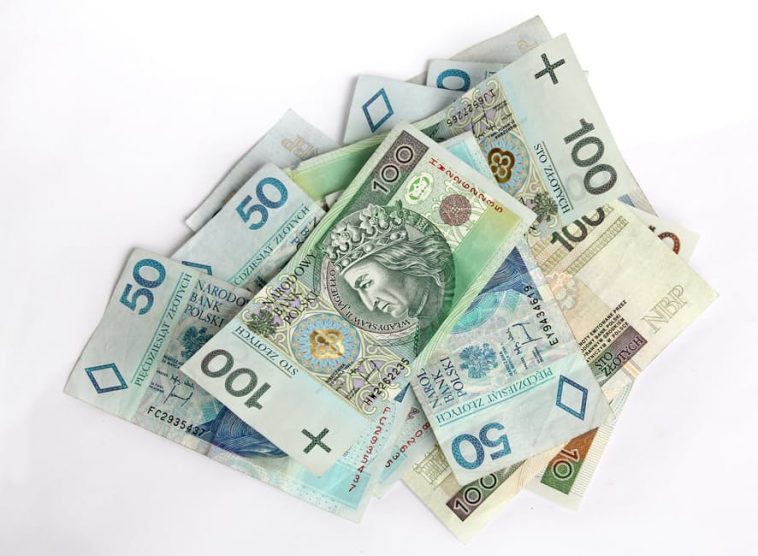The world of fabulously wealthy is a distant fantasy. Most people enjoy reading about these folks as how they got where they are and how they live. But the thought-provoking statistics is that there are only eight names that own as much wealth as the poorest half of the world’s population.
At the World Economic Forum (WEF) annual meeting in Davos, the charity report submitted indicated the wealth gap being widened more than ever. The latest data for China and India indicated half of the world owns less than it was previously estimated.
According to Oxfam, nine people owned the same as 3.6 billion in 2016 who made up the poorest half of humanity rather than 62 assessed at that time. By comparison in 2010, it took the mutual assets of the 43 richest people to equal the wealth of the poorest 50%. In recent years, inequality has increased. The mainstream politics has seen a rise due to the resentment of elites. The head of the International Monetary Fund and the Pope have also warned about the corrosive effects of the widening income gap.
In the WEF’s own global risks report last week, all such concerns were revised. According to Oxfam’s head of policy Max Lawson, there is a lack of concrete alternatives to business as usual despite Trump’s victory and Brexit creating a new spur this year. Capitalism can be run with many other ways that could benefit majority of people more than ever.
Super-Charged Capitalism
The calculations of Oxfam are based on data from Swiss bank Credit Suisse and Forbes. The report includes the names of Gates, veteran investor Warren Buffet, Inditex founder Amanico Ortega, Mexico’s Carlos Slim, Amazon Jeff Bezos, Oracle’s Larry Ellison, former New York City mayor Michael Bloomberg, and Facebook’s Mark Zuckerberg.
IN the report by Oxfam, it was suggested to have a crackdown on people who dodge the tax and move away from super-charged shareholder capitalism that pays disproportionally to the elites. Even though many workers are struggling with their stagnating incomes, wealth of elites has increased by an average of 11 percent a year since 2009.
Among the riches, there is Bill Gates who despite all his efforts to give most of his wealth has seen an increase by 50% or $25 billion since he announced his plans to leave Microsoft in 2006. His strategy is an example for others as how to recycle one’s own wealth in order to help the poor. But still it does not address the ultimate problem. According to Lawson, giving away of money by rich people to less privileged people is good still the inequality prevails. But there is no such system where billionaires are bound to pay taxes at lower rates as compared to other people.
Via: Business Insider






